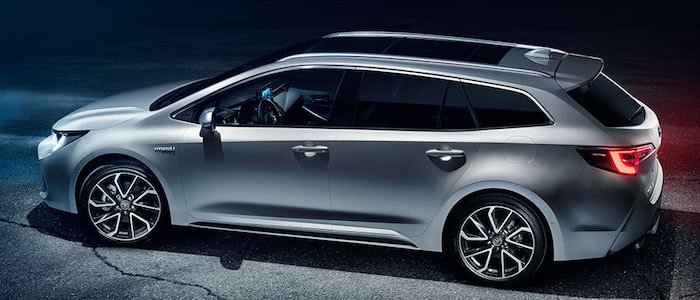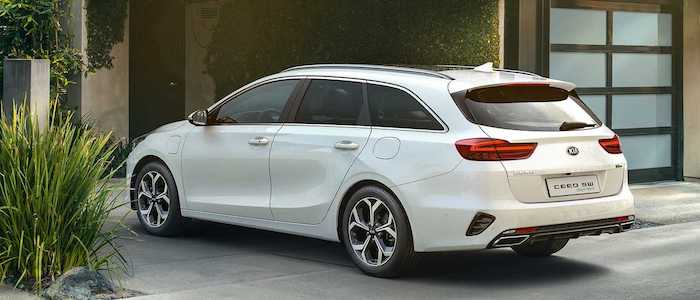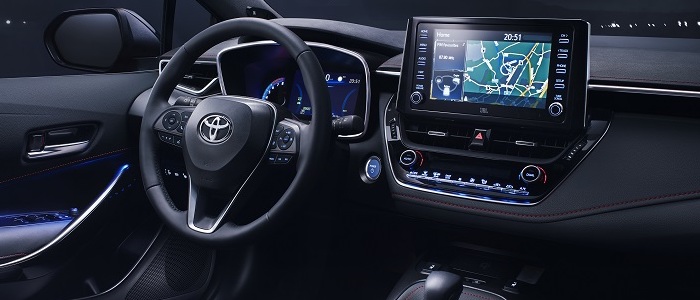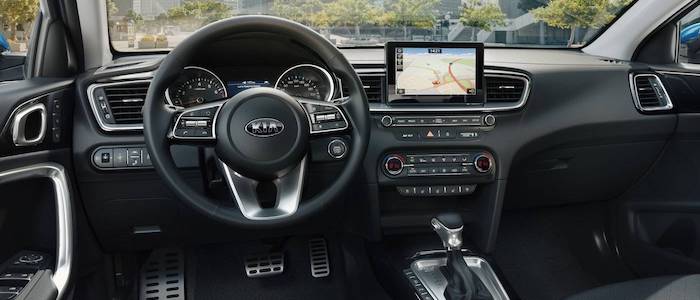Compare two cars
Compare any two cars and get our Virtual Adviser™ opinion
Dimensons & Outlines
Check vehicle history
Engine
Performance (manual gearbox)
Performance (automatic gearbox)
Expenses
Virtual Adviser's™ opinion
Well, these are two pretty similar cars we have here! It's only details that could potentially make the difference. Considering they both belong to the small family car segment and utilize the same 5-door wagon body style and the front wheel drive system, it all comes up to the specific petrol engine choice they offer. The first one has a Toyota-engineered powertrain under the hood, a 4-cylinder, 16-valves 116hp unit, while the other one gets its power and torque from a 4-cylinder, 16-valves 140hp engine designed by Hyundai.
SafetyA starting point here would be to take a look at the results from European New Car Assessment Programme (Euro NCAP) tests which were performed on both of the cars, with the Toyota being a slightly better choice apparently. Moving further on, let's take a closer look at some additional safety-related facts. Both vehicles belong to the small family car segment, which is generally classifying them somewhere in the middle safety-wise, but that fact doesn't break the tie between the two cars. On the other hand, taking kerb weight as an important factor into account, the Korean car offers a marginal difference of 1% more metal.
ReliabilityI don't like generalizing things when it comes to reliability, although it does seem that Toyota does have a slight advantage, all the models observed together. These are the results of an independent reasearch, while our visitors describe reliability of Toyota with an average rating of 4.6, and models under the KIA badge with 4.2 out of 5. Unfortunatelly, I don't have enough insight that would allow me to comment in more details on the specific models level. That apart, owners of different cars powered by the same engine as the Japanese car rank it on average as 3.9, while the one under the competitor's bonnet gets 5.0 out of 5.
Performance & Fuel economyKIA is a bit more agile, reaching 100km/h in 0.5 seconds less than its competitor. In addition to that it accelerates all the way to 210 kilometers per hour, 10km/h more than the other car. When it comes to fuel economy things look pretty much the same for both cars, averaging around 5.6 liters of fuel per 100 kilometers (50 mpg), in combined cycle.
Verdict
KIA appears just a bit more reliable, although the difference is truly marginal. The most important thing when deciding between any two vehicles should always be safety, both passive and active. In my opinion, everything taken into account, the Japanese car offers slightly better overall protection and takes the lead. From there things take a different direction, with KIA outracing its opponent in any situation possible, making it better choice for boy racers. It does come at a cost though, and that's the fuel consumption... At the end, as much as I'd like to give you a winner here, it's simply a pure tie if you ask me. Anyway, that's the most objective conclusion I could've came up with and it's based solely on the information found on this website. Aspects such as design, practicality, brand value and driving experience are there for you to measure them out. I suggest you spend two more minutes in order to find out which car, based on your needs and budget, would be picked by the virtual adviser™, among more than 12.000 different ones in our database.

































